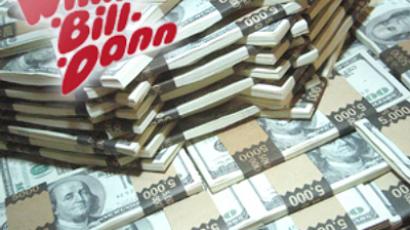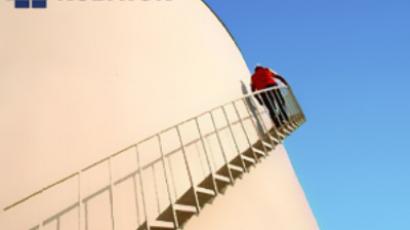Revised budget goes into deficit
Russia’s revised budget for 2009, which the Duma is expected to adopt on Thursday, delivers higher spending but falls into deficit.
The first deficit in a decade. Russia’s revised budget is expected to see deficit of 7.5 % of GDP. It’s not a surprise – the government expects its revenues to drop almost 40%, but it is committed to higher spending.
The country plans to cover the deficit from its shrinking reserves of past earnings from oil and gas sales. Spending on social services and economic development will rise by about half. Oleg Vyugin, Head of MDM Bank sees improving corporate efficiency as the key.
“The Government, finally, refrains to increase substantially subsidies and direct support of the companies. Because if theres a lot of subsidies in the economy then its very difficult to expect that there will be an increase of efficiency. Efficiency is the key in the struggle with the crisis. Companies which will be, as soon as possible, efficient, will be given private capital.”
In order not to sink deeper into deficit, the government had to cut its anticrisis package by a third and it now stands at just over $50 billion. But Evgeny Nadorshin, Chief economist at Trust bank says the budget may have been adjusted too late to have much impact this year.
“All the information needed to understand the nature of the problems and to adopt the measures, was available late 2008 and the beginning of 2009. why it took so long to discuss the figures to finalise the new budget. The longer the government waits the less will be the effect of the money spent. If we are going to spend most of it in the second half of 2009, this will not help many businesses, and people here, as far as anticrisis measures are concerned.”
The current budget is based on an oil price of 41 dollar per barrel.
Given the recent volatility in the oil price, it is perhaps no surprise that Russia’s Finance Ministry is considering abandoning 3 year budgets.














